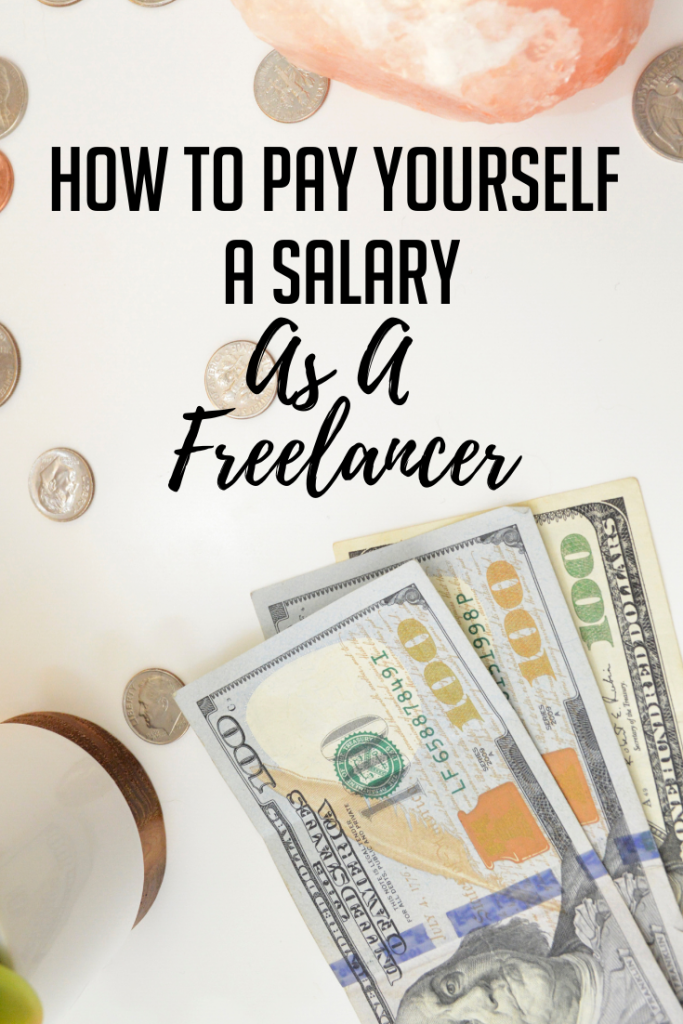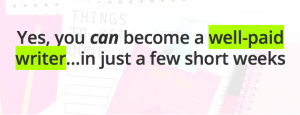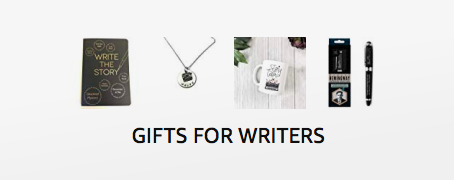How to Pay Yourself a Salary as a Freelancer

This has been a crazy week, as I got a ton of freelance work completed and sent off, posted some new articles over at Medium, and updated my Amazon Influencer store with new gifts for writers (among other things) ahead of the holiday season that’s now hurtling towards us. So I was happy to get a little help, in the form of a super-useful guest post from Sienna Walker.
Today Sienna is here to to address the sticky question: How much, exactly is my work worth? She’ll be taking a close look at what to consider when setting your rates as a freelancer, how to think about your freelance business in terms of the ‘salary’ you need to earn, AND how and when to give yourself a raise! Over to Sienna.

Disclosure: Sometimes my work here (and all around the web) contains affiliate links. Find out what that means here.
If you’ve decided to go the freelance route, a lot of things in your life are going to change. Many of them will be much better. You can make your own schedule and approach things the way you’d like to approach them. You don’t need the input from a whole team or your manager. You’re the captain of the ship, and that comes with great freedom.
On the other hand, you’re going to have a lot more responsibility. You’re responsible for your taxes, your retirement income, and finding your own clients. And you’re not going to have an easy time unless your salary properly accommodates you. Before you set your salary too low (or too high), there are a few things you’ll want to consider that will help you determine how much your work is worth and what fair pay will be.
How Much Experience Do You Have?
If you’ve never done any work in the field you’re breaking into, you’re probably not going to be able to ask for much. Entry level people work at entry level jobs, and they work their way up the career ladder through commitment and dedication. You might not want to quit your day job until you have enough experience to reasonably command a living wage.
On the other hand, if you’re freelancing with a skill you’ve mastered over the course of years, you can charge for that experience. At minimum, charge the equivalent of what your previous salary in that field was. Over time, you can adjust that salary and perhaps bump it up a little higher.
What Does Your Work Cost You, and What Do You Need to Survive?
If you aren’t already the kind of person to track your spending, you might want to become that person. You need a clear idea of what your necessary expenses are for the month. If you’re used to going out to work and coming home, starting a home office might increase your expenses – you’re going to be using lights, a computer, and office equipment all day. Expenses in some areas may go down. For example, you’ll be able to eat leftovers for lunch and make coffee at home rather than buying your snacks and coffee from local shops and cafes like you might when you work at an outside office.
Your salary should be able to cover your expenses – both your everyday expenses and the increased expenses (office supplies, electric bills, heating and cooling during the day) that you might incur as a result of becoming a freelancer. If the salary you’d need to ask for is much higher than what you can reasonably command, start by freelancing on the side. You can make it your full time job once you have a portfolio that justifies a more comfortable salary.
Considering Your Financial Goals and Obligations
When you work for someone else, your taxes are matched by your employer and automatically deducted from your paycheck. When you’re a freelancer, you’re solely responsible for handling and paying your own taxes on time. You might choose to outsource this task to an accountant (for a fee) or use home software that allows you to calculate those payments and make them yourself. You’re going to need to work your taxes in to your salary, or you’ll be making a lot less than you expect.
You also have your retirement to consider, as an employer matched retirement account is no longer an option. You can still collect social security benefits when you’re of age, but those benefits are rarely enough to sustain anyone comfortably. Consider other methods of growing your retirement fund. Some people decide to put their money into saving accounts and hope to see their savings grow, while others take investing courses to help them grow a nest egg. Whichever way you choosek, you’ll want to be able to make regular contributions to that nest egg from your freelancer salary.
Learning How and When to Raise Your Rates
Experience will make you better. Landing bigger clients will place you in higher demand. Sooner or later, you’re going to outgrow your salary. Start by slowly raising your rates, giving your current clients advance notice of when rate raises will go into effect. Start bidding higher on jobs for new clients. Sometimes, you’ll just have to see what people are willing to pay you. If they’re impressed by your portfolio, you might be surprised to find just how much room for salary growth there can be.
Closing thoughts
Setting your salary as a freelancer comes with a little bit of trial an error, but you can’t even begin the process without taking a thorough inventory of your budget, experience, and goals. You can always adjust a little higher or a little lower until you find the spot where people are most eager to hire you. Just make sure you aren’t settling for less than what you’re worth.
About the author:
Sienna Walker is a freelancer writer and an ex-tutor, deeply interested in all the things related to education, self-improvement, and careers. An occasional workaholic and a self-proclaimed coffee addict, Sienna might usually be found at @SiennaWalkerS so if you want to, feel free to visit her there.
*****
Want more training on freelance writing? Check out the Write Your Way To Your First 1K course to help you make your first $1000 from your writing.
While you’re here, feel free to check out lay the useful writing tools I use every day to run my successful freelance writing business, or download my FREE list of freelance markets that pay writers, along with a few other free gifts. And if you’d like to check out that newly updated writing section over at my Amazon store, you can do that, too.







Be the first to comment.